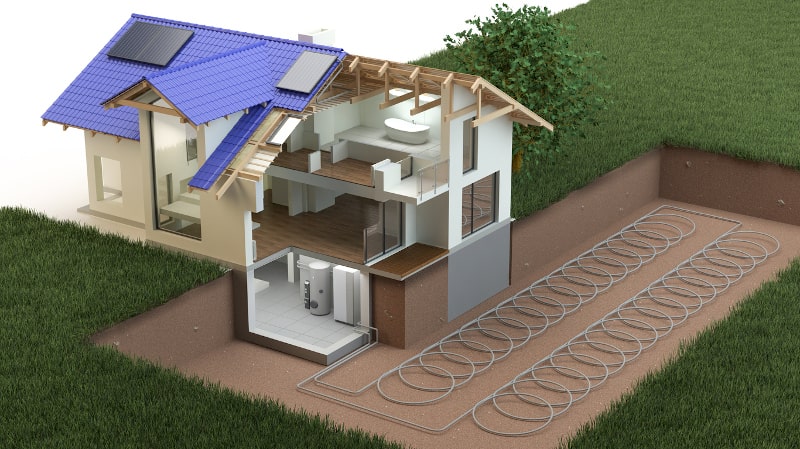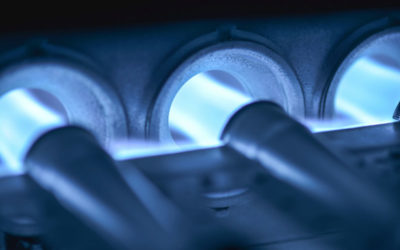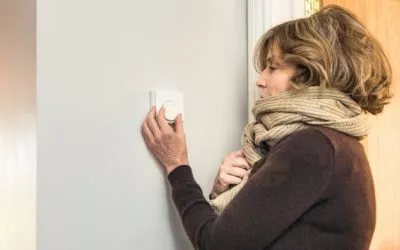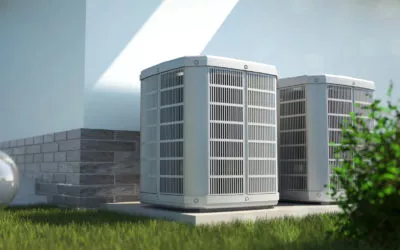A geothermal heat pump is an incredibly efficient HVAC system, especially during the cold winter months in Luke, MD. Not only does geothermal heating save on energy bills and reduce pollution, but the pumps can last longer than other systems. They aren’t invincible, though. Here are four geothermal HVAC issues that should urge you to call us:
Corrosion
This can be a dangerous and costly problem. Corrosion on your heat exchange coils prevents your system from exchanging heat. As a result, you’re likely to notice that your system isn’t keeping your home at the desired temperature.
Ductwork Issues
Geothermal heat pumps, much like other HVAC systems, use fans to move air through your ductwork. Issues can include gaps in your ducts, leaks, dirty ductwork or even dirty air filters. Dirty ducts and air filters spread contaminants such as dust, pollen, pest droppings and other pollutants through the rest of your home and impact your indoor air quality.
Ground Loop Pressure Issues
A geothermal HVAC system relies on its ground loops to extract heat from the ground, move it through your home in winter and extract heat from your home in summer. If you have an imbalance of pressure in the ground loops, your system won’t work correctly. Such an imbalance occurs because the underground loops expand as time passes.
Leaks
If you spot muddy or wet spots in your yard when it hasn’t rained in a while, it’s a sign that the underground pipes in your geothermal heat pump have leaks. Other signs are that you notice frost or ice on the part of the unit located above ground and your home feels less comfortable. When you call a professional, they will use a dye to find the source of the leak and repair it.
No matter the problem with your geothermal HVAC system, we can take care of it. Contact our team at Cumberland Valley Heating & Air Conditioning today for unmatched expertise when it comes to repairs and maintenance for your geothermal HVAC system.
Image provided by iStock




